ICI must be transparent and accountable
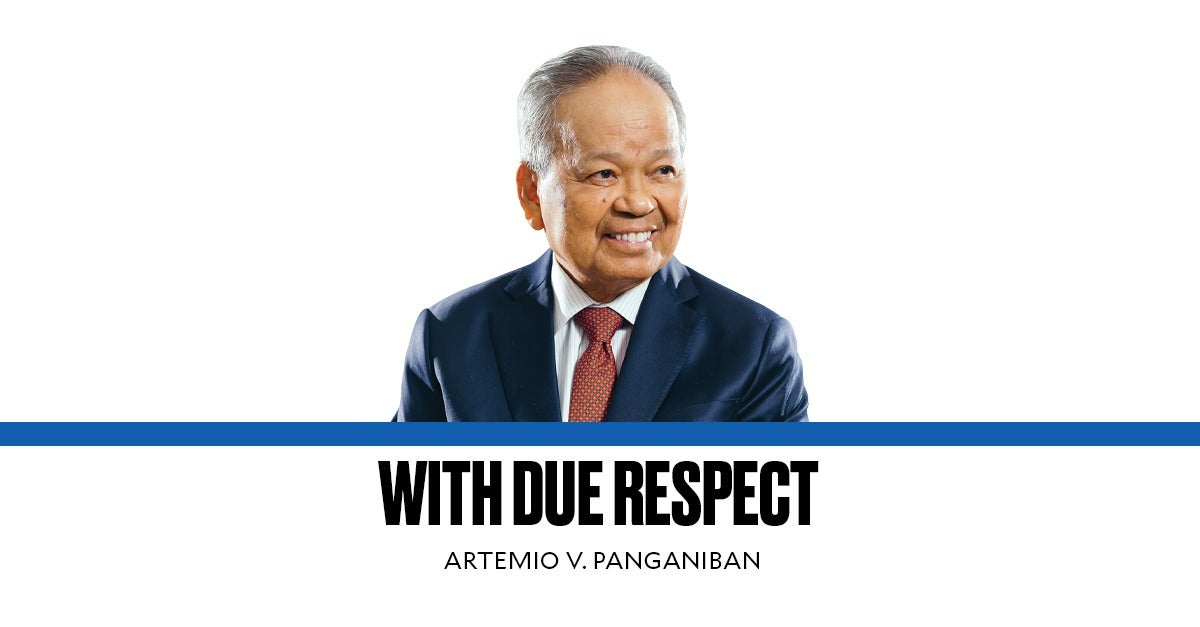
Aping the Supreme Court (and other collegiate courts), the Independent Commission on Infrastructure (ICI) announced it would keep its proceedings behind closed doors and would not allow livestreaming, TV coverage and/or viewing by the public, allegedly “to avoid trial by publicity.” I respectfully disagree.
THE SUPREME COURT REVIEWS PRIVATELY THE RECORDS OF APPEALED CASES that were already publicly tried by the trial courts (regional trial courts or RTC, metropolitan trial courts, and municipal trial courts or MTC) and passed upon by the appellate tribunals. In general, it rules on errors of law only, and no longer on errors of fact; facts that have been reviewed by the appellate courts.
And, in transcendental cases, the Supreme Court conducts open, transparent, and accountable oral arguments. It also holds oral arguments in original petitions filed directly with the highest court.
In contrast, the ICI is merely an investigative body with the main duty of searching for the facts, researching the modus of the flood control scams, and endorsing to the Ombudsman or the Department of Justice (DOJ) the specific crimes committed by the culprits. Its parallel would be the trial courts and the congressional committees, where transparency and accountability are available from the very start.
LET’S FACE IT. Scams and schemes to plunder the public treasury—like the congressional insertions and their comparatively pitiful forebears—are known to exist. But the Court had condemned the pork barrel scams done in the dark, without transparency and accountability. If these were accomplished openly and transparently, the authors would not have been as greedy and as bold.
Former Senate President Franklin Drilon knew of the existence of these flood control insertions. Nonetheless, he was appalled at their scale and magnitude. Incumbent Senate President Tito Sotto also admitted that there were congressional insertions in the past, but they were made openly and obtained the nod of both Houses of Congress.
I cannot accept the excuse of “trial by publicity.” Are the trials in the judiciary to be condemned also? In these trials, due process is observed by giving the respondents or the accused the right to cross-examine witnesses and to present countervailing evidence.
Did the Senate blue ribbon committee and the House infra committee commit trial by publicity? No. Quite the opposite, they were able to dig deeply and found the involvement of their peers in the secret scams.
True, misleading questions were at times asked of the beleaguered resource persons. The ICI can easily overcome these errors by retaining or employing a general counsel, one trained to ask fair and legally unassailable questions.
And when it becomes clear that the persons to be questioned would be persons of interest, or suspects, the ICI can allow them to retain the services of counsel who could object to improper questions. In other words, the Bill of Rights regarding criminal procedure should be observed by the ICI to avoid “trial by publicity.”
The House infra committee has stopped its open investigations and passed the baton to the ICI. The Commission should follow the open, transparent, and accountable investigations of that committee, especially when the ICI bares its fangs on the honorable lawmakers.
TODAY, OCT. 6, IS CRUCIAL in the overall anticorruption drive because the Judicial and Bar Council (JBC) will meet and vote for at least three nominees from whom the President would select the new Ombudsman. Indeed, this is a momentous event in the fight against graft.
The JBC is chaired by Chief Justice Alexander G. Gesmundo, with two more ex officio members: DOJ Secretary Boying Remulla, Sen. Kiko Pangilinan, and Batangas 2nd District Rep. Gerville Luistro. Since the Constitution limits Congress to only one JBC member, the two solons agreed to take turns in serving it—Luistro from January to June and Pangilinan from July to December of each year. Thus, Pangilinan will cast the lone congressional vote on Oct. 6.
Aside from the three ex officio members, the JBC has four regular members appointed by the President for a term of four years with the consent of the Commission on Appointments. They are retired SC Justice Bambit Mendoza (representing the retired SC justices); professor Nesauro Firme (representing the academe); retired Court of Tax Appeals Justice Linda Piñera Uy (Integrated Bar of the Philippines); and lawyer Jose V. Mejia (private sector).
To be nominated, these prescreened applicants must obtain at least four votes: former COA chair Michael Aguinaldo; DILG Undersecretary Romeo Benitez; lawyer Jonie Caroche-Vestido; CA Justice Bautista Corpin; retired CA Justice Stephen Cruz; SBN PJ Geraldine Econg; Commission on Human Rights commissioner Beda Epres; SC Justice Sammy Gaerlan; retired BIR commissioner Kim Henares; Deputy Executive Secretary for Legal Affairs Anna Liza Logan; retired SC Justice Mario Lopez; PDP Party’s Melvin Matibag; SBN Justice Michael Musngi; Justice Secretary Remulla; PCSO chair Felix Reyes; MTC Judge Jason Rodenas; and retired RTC Judge Benjamin Turgano.
Take your picks, dear readers. One of them will become the powerful Ombudsman, who, for seven years, is expected to hound the corrupt and the untrustworthy.
—————
Comments to chiefjusticepanganiban@hotmail.com















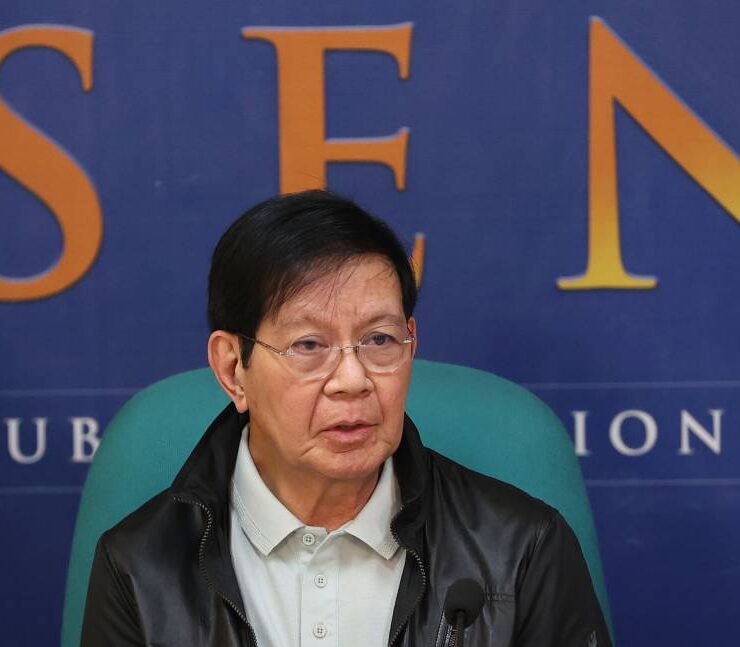
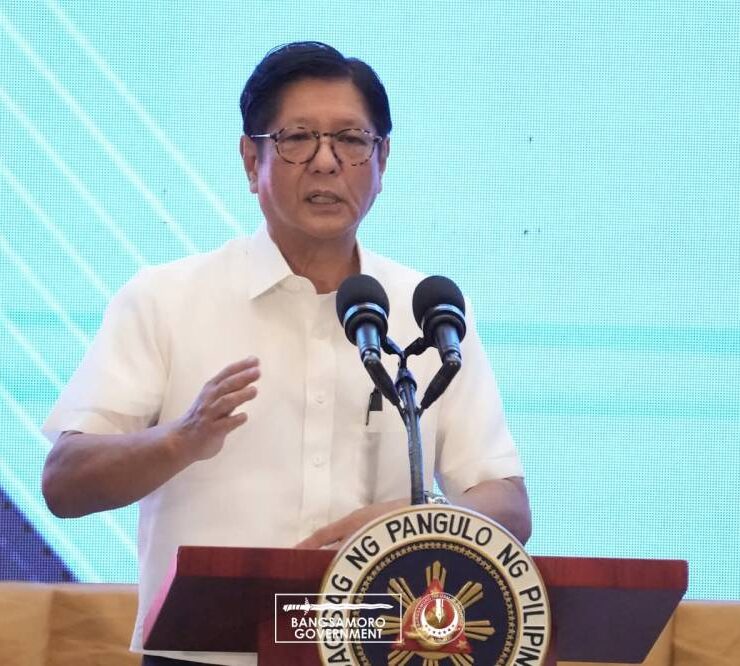
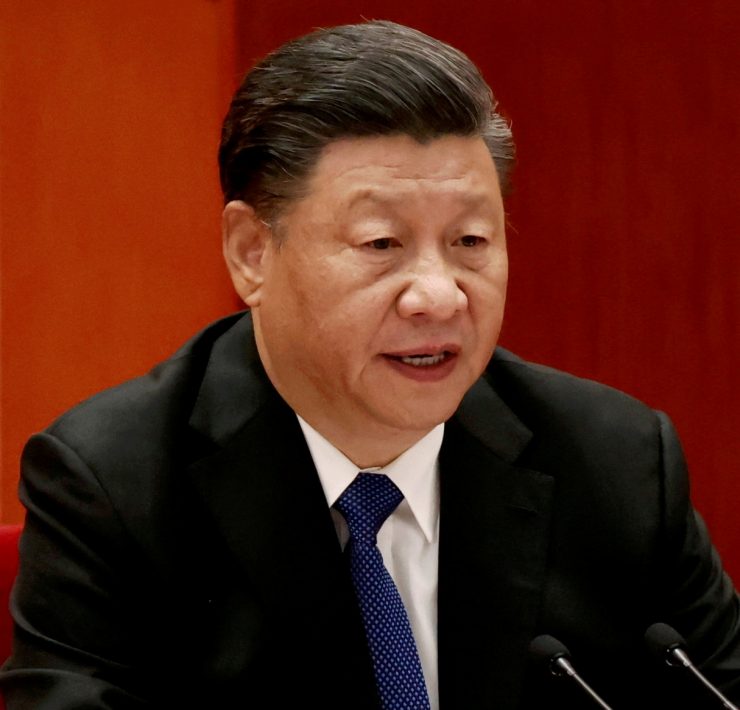
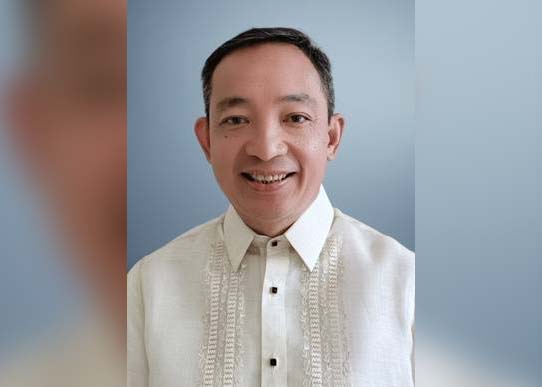


Japan-PH: 70 years of relations woven in trust